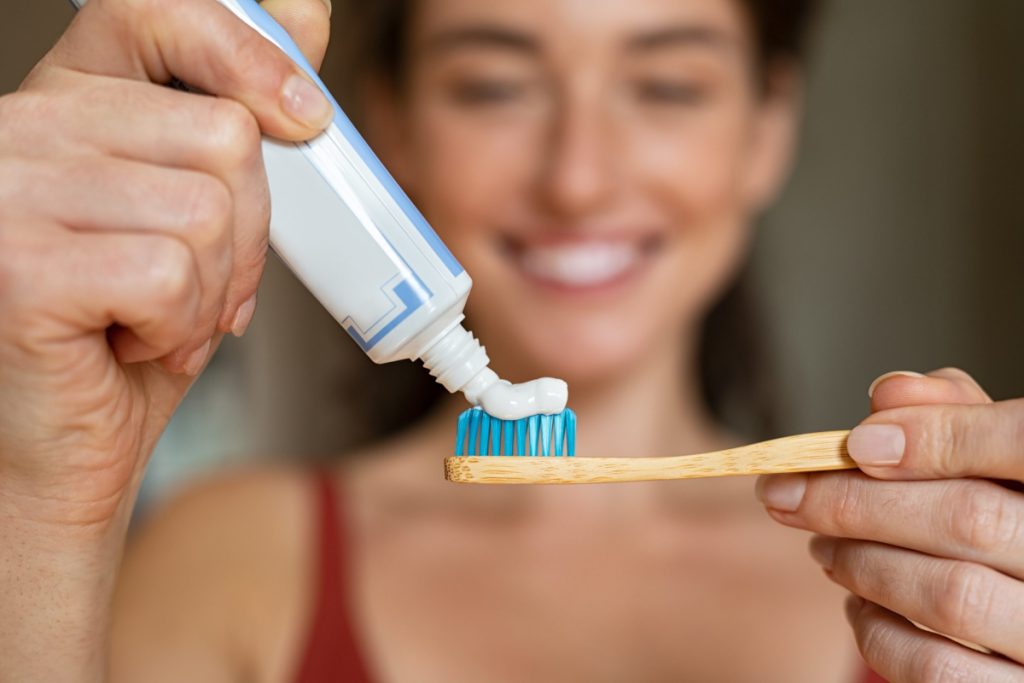- Women’s oral health is an essential part of overall well-being.
- Hormonal changes can lead to issues such as pregnancy gingivitis and dry mouth.
- Maintaining good oral hygiene during pregnancy is essential to prevent complications.
- Menopause and osteoporosis can also affect women’s oral health.
- Poor oral health can have far-reaching consequences, including heart disease and stroke.
Oral health plays a vital role in overall health and well-being, specifically for women; it can impact their health in many ways. Proper oral health is crucial as it can prevent several health issues, including cardiovascular disease, low birth weight, and even cancer. Here’s what you need to know about women’s oral health, how it can affect their life, and how to prevent them from happening.
Women’s Oral Health
Women’s oral health is an essential aspect of overall well-being. It involves maintaining good oral hygiene practices and addressing specific oral health issues common or unique to women. Here are some key points related to women’s oral health:
Hormonal Changes
Women experience hormonal changes throughout their lives, including puberty, menstruation, pregnancy, and menopause. These hormonal fluctuations can affect oral health. For example, hormonal changes can lead to pregnancy gingivitis, characterized by swollen and tender gums. Women must maintain regular dental check-ups and good oral hygiene practices during these periods.
Pregnancy and Oral Health

Pregnant women should pay extra attention to their oral health as hormonal changes can increase the risk of gum disease. Pregnancy gingivitis, as mentioned earlier, is common during pregnancy. Poor oral health during pregnancy is also linked to complications such as preterm birth and low birth weight. Regular dental check-ups and proper oral hygiene, including brushing and flossing, are crucial during pregnancy.
Menopause
The hormonal changes during menopause can cause a variety of oral health issues. These may include dry mouth, burning sensation, altered taste, increased gum disease, and osteoporosis risk. Discussing these concerns with a dentist, who can guide and recommend appropriate treatments, is essential.
Osteoporosis
Osteoporosis, a condition characterized by the weakening of bones, can affect the jawbone and lead to tooth loss. Postmenopausal women are particularly at risk. Maintaining a well-balanced diet rich in calcium and vitamin D is essential, exercising regularly, and consulting with a healthcare professional about preventive measures and treatment options is essential.
Oral Contraceptives

Certain oral contraceptives can cause oral health issues such as dry socket (a painful condition after tooth extraction) and gingival inflammation. To ensure proper care, it’s crucial to inform your dentist about any medications you are taking, including oral contraceptives.
How Oral Health Affects Women
Women’s oral health can also lead to other problems in their health. Here are some of them and how to deal:
Pregnancy Complications
Maintaining good oral health is vital during pregnancy as it can help reduce the risk of low birth weight and premature birth. Pregnant women are more susceptible to gum disease, which can lead to serious health complications. Infection and inflammation caused by gum disease can induce labor, leading to premature birth and low birth weight. Regular dental visits during pregnancy can help prevent these complications.
Menstruation Cycle
Hormonal changes in a woman’s body could lead to gingivitis flare-ups, which result in swollen, red, or bleeding gums. Maintaining good oral hygiene during menstruation is important to prevent significant oral health problems. Regular cleanings and checkups can help prevent these issues.
Oral Cancer
Each year, over 43,000 people in the United States alone are diagnosed with oral cancer, which keeps increasing. Women are at a higher risk of developing oral cancer due to tobacco products, alcohol consumption, and poor oral hygiene. Oral cancer can cause significant health complications if it’s not detected early. Regular checkups with a dental professional are incredibly important to detect oral cancer early on and prevent it from spreading.
Additionally, it’s good to cover any gaps in your teeth. A tooth replacement service can do this for you. They can install implants between the gaps of your teeth to ensure that no bacteria or viruses can stay in them. They can also help you with your dental needs so that your oral health stays stable.
Connection to Other Health Complications
Poor oral health could have far-reaching consequences, affecting overall health and well-being. Infections and inflammation in the mouth can cause issues elsewhere in the body. For instance, heart disease and stroke have been linked to gum disease, as active oral bacteria can enter the bloodstream and invade heart ventricles. Regular dental visits can help detect issues early, thus preventing potential health complications.
Women’s oral health should be taken seriously as it can affect their general health in many ways. From hormonal changes to pregnancy complications, women must take preventive measures and practice good oral hygiene daily. Regular checkups with a qualified dental professional are essential for the early detection of any issues and preventing them from becoming more serious. Taking proper care of your teeth can ensure long-term health benefits and ensure you stay healthy for years to come.

